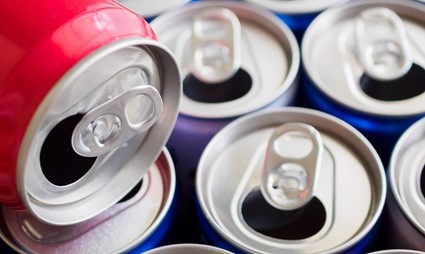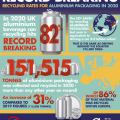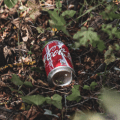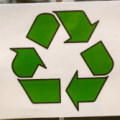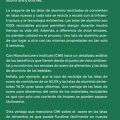A new report from Metal Packaging Europe and European Aluminium reflects that the overall recycling rate of aluminium beverage cans in the European Union, Switzerland, Norway and Iceland remained stable in 2019 at 76%.
Precisely, the can manufacturers, who are themselves members of Metal Packaging Europe, as well as their aluminium suppliers welcomed the new result, but say that with additional effort, recycling rates could increase even further. With increasing consumption of cans, the total amount of aluminum recycled from cans reached a record level of 488,000 tons and represents a total greenhouse gas (GHG) emissions savings of 4 million tons of CO ₂ (equivalent to the amount of GHG emissions produced by a European City of 440,000 inhabitants such as Bratislava, Tallinn or Murcia.
“With an increasing demand for fully circular packaging systems, the aluminium beverage can, which is made from an infinitely recyclable material, is the ideal alternative to less sustainable packaging options,” says Léonie Knox-Peebles, CEO of Metal Packaging Europe. He adds: “We now need to work together to make sure that even more used cans are disposed of and recycled correctly to reach our ambitious 2030 target. We’re confident that the credentials highlighted in our Metal Recycles Forever logo will encourage consumers to do just that.
Maarten Labberton, Group Director Packaging at European Aluminium stresses that “we would like to see more countries moving towards modern and well-designed deposit return systems, which allow optimal use of the high scrap value and quality of the collected aluminium cans”. “Although used cans are also recycled into a wide range of other valuable end-use products such as bicycles or electric vehicles, the most efficient solution is to use them again for the production of new cans. No other type of beverage packaging can achieve such high recycling rates with so little raw material, resulting in product circularity and reduced carbon emissions.”
In March 2021, both associations launched their particular roadmap jointly towards the concrete goal of reaching 100% can recycling by 2030. This ambitious goal can only be achieved if existing packaging collection systems in Europe are further improved or replaced by well-designed deposit return systems for beverage cans and other relevant beverage packaging.

